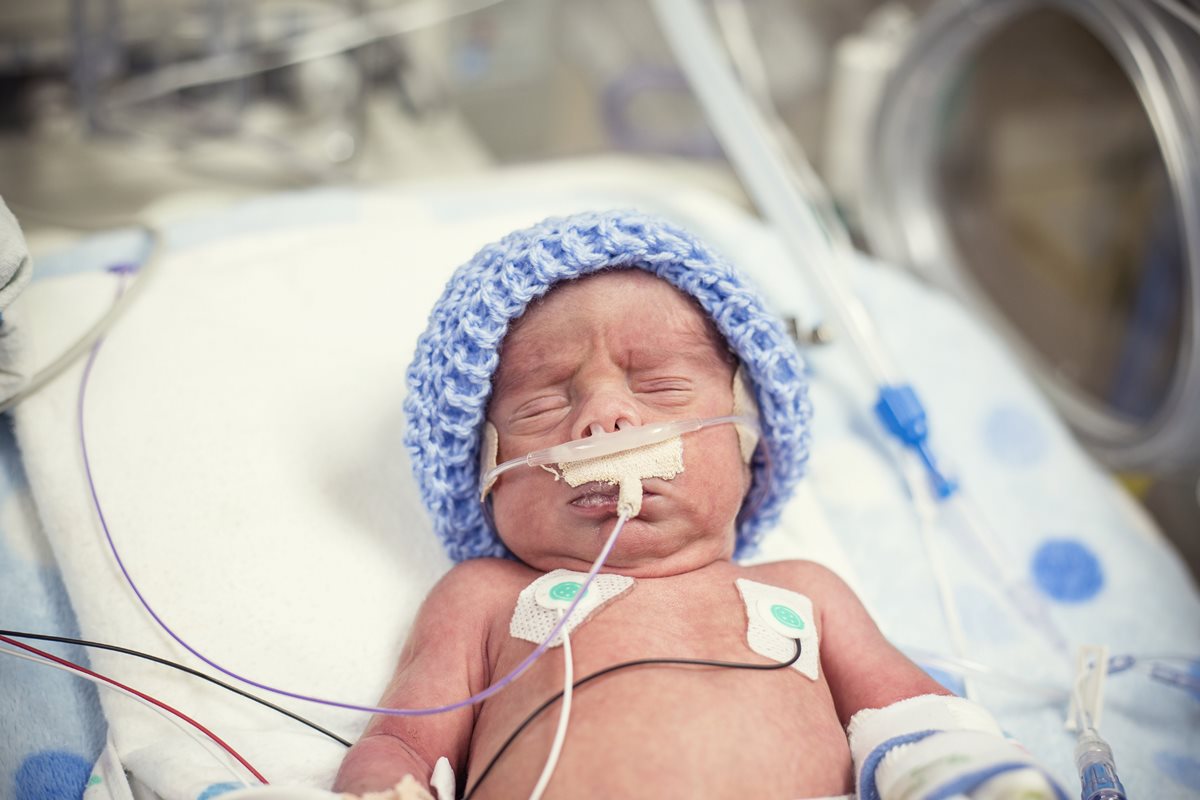As part of NHS England’s Maternity Transformation Programme, version two of the Saving Babies’ Lives Care Bundle (SBLCBv2) has been produced, providing detailed information for providers and commissioners of maternity care on how to reduce perinatal mortality across England.
The Maternity Transformation Programme seeks to achieve the vision set out in Better Births report which was published in February 2016. The report set out a vision for:
- Safer, more personalised, kinder, professional and family friendly maternity services
- Where every woman has access to information to enable her to make decisions about her care
- And where she and her baby can access support that is centred on their individual needs and circumstances.
“While the majority of women receive high quality care, there is around a 25% variation in stillbirth rates across England. This presents us with opportunities to make improvements spanning both public health and maternity care services to make an overall improvement,” NHS England says.
Care bundles bring together focused interventions designed to effect improvement in a particular disease area, treatment or aspect of care. When implemented as a package, evidence shows that greater benefits are achieved at a faster pace than if those improvements had been implemented individually.
Version two of the Saving Babies’ Lives Care Bundle brings together five elements of care that are widely recognised as evidence-based and/or best practice. The new fifth element is reducing pre-term birth.
This is an additional element to the original care bundle developed in response to the Department of Health’s ‘Safer Maternity Care’ report which extended the Maternity Safety Ambition to include reducing preterm births from 8% to 6%. The new element focuses on three intervention areas to improve outcomes: prediction and prevention of preterm birth, and better preparation when preterm birth is unavoidable.
The care bundle will now be tested and piloted by volunteer maternity care providers and NHS England will then consider how to support implementation nationwide, as part of the National Maternity Review.
